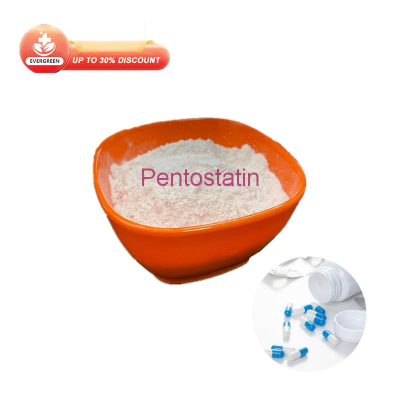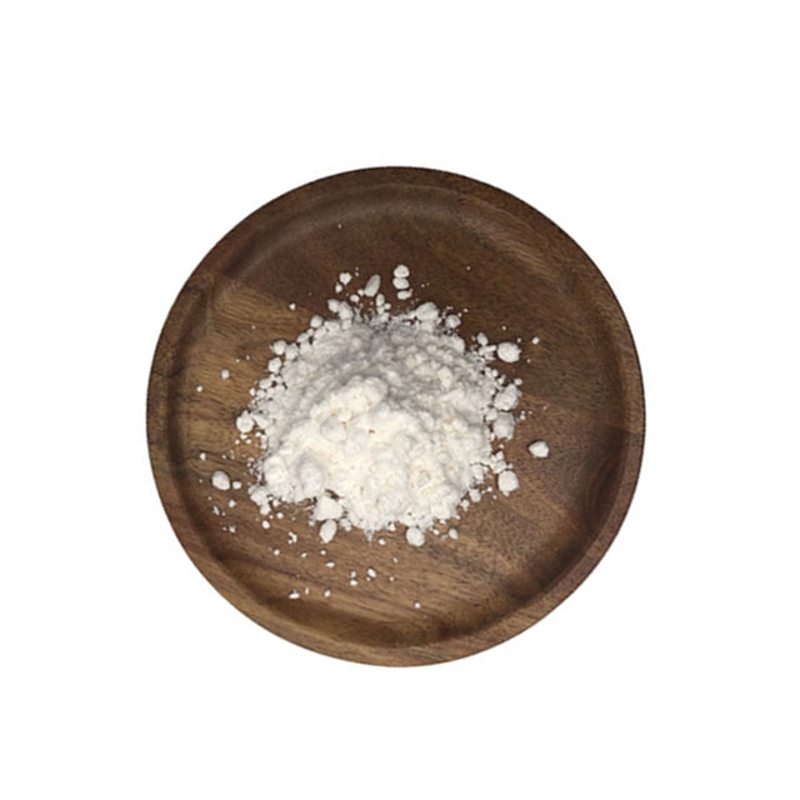-
Categories
-
Pharmaceutical Intermediates
-
Active Pharmaceutical Ingredients
-
Food Additives
- Industrial Coatings
- Agrochemicals
- Dyes and Pigments
- Surfactant
- Flavors and Fragrances
- Chemical Reagents
- Catalyst and Auxiliary
- Natural Products
- Inorganic Chemistry
-
Organic Chemistry
-
Biochemical Engineering
- Analytical Chemistry
- Cosmetic Ingredient
-
Pharmaceutical Intermediates
Promotion
ECHEMI Mall
Wholesale
Weekly Price
Exhibition
News
-
Trade Service
On the second day of the 2020 American Society of Clinical Oncology (ASCO) annual meeting, Thierry Andre, on behalf of his team, published the Pym monoantigen and chemotherapy combined with microsatellite instability/mismatch repair of defective metastatic colorectal cancer: KEYNOTE-177 3 studybefore pembrolizumab treatment is incurable, microsatellite instability high/mismatch repair defects of metastatic colorectal cancer Phase II open label study (KEYNOTE-164) tip: Pymmono resistance to MSI-H / dMMR CRC patients effective, safe and controllableMsI-H patients account for 5% of mCRC patients, and FDA-approved pembrolizumab is used in adults and children who previously received msi-htumor treatment, regardless of tumor type or site, thierry Andre notesthe following are the main contents of the studybackground:KEYNOTE-177 (NCT02563002) is a 3-phase random open label study that assessed the efficacy of Pembrozumab (pembro) with standard nursing chemotherapy , bebapromonoortoric or chemoxiamate monoantigen (chemo) as a microsatellite instability high/wrong fix defect (MSI-H/dMMR) metastatic colorectal cancer (mCRC)method:a total of 307 locally measured MSI-H / dMMR mCRC and ECOG PS 0 or 1 patients were randomly assigned 1:1, respectively, given a line of pembro 200 mg every 3 weeks, lasting 2 years or the researchers selected mFOLFOX6 or FOLFIRI Q2W - bevana mono or citoshiresistance (randomly selected chemotherapy option)continue treatment until PD, unacceptable toxicity, patient/researcher decides to withdraw from treatment or complete 35 cycles (pembro only)After pD is diagnosed, patients receiving chemotherapy can transition up to 35 cycles to pembroFigure 3Data AnalysisThe main destinations are PFS (RECIST v1.1, Central Review) and OSKey secondary endpoints include ORR (RECIST v1.1, Central Review) and safetyThe data deadline for this interim analysis is 19 February 2020The study will continue without the need to evaluate OS results: data cut, 153 patients were randomly assigned to pembro and 154 patients were randomly assigned to chemotherapy Pembro's study bit (range) follow-up was 28.4 mo (0.2-48.3), while chemotherapy was 27.2 mo (0.8-46.6) Pembro treatment PFS is better than chemotherapy (median 16.5 months vs 8.2 months; heart rate 0.60; 95% CI, 0.45-0.80; P-0.0002) the incidence of PFS in the 12-month and 24-month pymbro groups was 55.3% and 48.3%, respectively, compared with 37.3% and 18.6% in the chemotherapy group confirmed ORR of 43.8% compared to 33.1% ;p embro and chemotherapy group were 10.6mo (2.8-37.5 plus) and 2.3 plus 41.4 plus, respectively, without reaching the median (range) duration of the reaction In Figure 7, adverse events pembro and chemotherapy were 22% and 66%, respectively, in stage 3-5 treatment of chemotherapy 1 patient in the chemotherapy group died from treatment-related AE conclusion: Pembro as a first-line treatment for MSI-H/dMMR mCRC patients, PFS has significantly improved clinical and statistical significance compared to chemotherapy, the response is more durable, and the incidence of level 2 and 3 related events is lower, should be the new treatment for these patients." expansion: this asCO, in addition to this trial report, there are three other research reports related to Keytruda: 1 Keytruda was used in conjunction with Herzuma (quto-bead monobiotic) and chemotherapy, first-line treatment of HER2-positive advanced stomach cancer, and the results of the 1b/2 phase 1 trial showed that patients with HER2-positive stomach cancer were treated with this triple formula, regardless of PD-L1 status, and patients could achieve clinical improvement 2 KEYNOTE-524/study 116 trial, an open labeled, one-arm Phase 1b clinical trial intended to assess the effectiveness of Keytruda and Lenvima combination therapy in patients with unrestructable HCC patients without previous lyme The results showed that, based on the RECIST v1.1 standard, Keytruda combination therapy achieved 36% ORR, with a total remission rate of 1%, a partial remission rate of 35%, and a median DOR of 12.6 months 3 KEYNOTE-146/study 111 trial, an open label, one-arm 1b/2 clinical trial designed to assess the effectiveness of Keytruda and Lenvima combination therapies in certain patients with solid tumors The results showed that the ORR assessed under the RECIST v1.1 standard was 52%, all of which were partially mitigated The median DOR is 12 months The median PFS was 11.3 months and the 12-month PFS rate was 44% author: Ren Ran Source:
health







